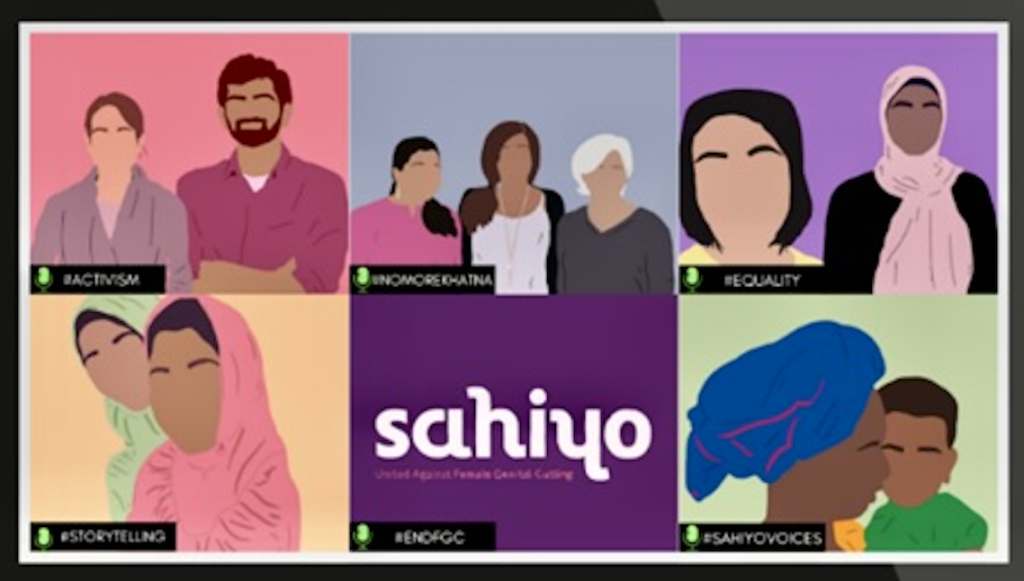Do I belong? Reflecting on the Activists Retreat

By Sakina Sharp Sahiyo’s annual Activists Retreat is a great way for both women and men connected to the Bohra community to discuss the issue of khatna, or female genital cutting (FGC). This is my third year attending the event, and I appreciate that this Retreat offers a safe space to have conversations about khatna. The first year I attended the event, I wondered if I belonged; I did not know if there was a space for someone like me who grew up Bohra, but does not currently fulfill all the requirements of the culture. I also wondered if there was a space for those Bohras who do “all the things,” and stand up against the practice of khatna. When I attended the Retreat, I realized that there was space for both. I found the Retreat to be cathartic, and it gave me an opportunity to process what had happened to me as a child. During this recent Retreat, the question of belonging came up again, but this time with a different flavor. Some participants wondered if they belonged because they had not personally undergone FGC. We all wonder if we belong, and the truth is, we all do. Men belong because we need their voices in the rooms where discussions on FGC are taking place. Women who have not undergone FGC belong because they can prevent future generations from holding on to this practice. Practicing Bohras belong because FGC is not a religious practice; we can be religious and still stand against khatna. Survivors belong because we know first hand the impact of khatna. All of our voices are important, and we all belong. Learn more about Sahiyo’s Activists Retreat here.
More Than A Survivor: Celebrating Queer Joy

At Sahiyo, we believe in creating a space where all voices are heard and celebrated. We acknowledge the unique experiences of Queer survivors within the FGC community and aim to provide support, inclusivity, and joy! In celebration of Pride Month, we asked members of our community what joy looks like to them: Umme Kulsoom Arif “My grandmother made a living making lace borders for dupattas and ridas when my father and his siblings were growing up, and now I make blankets for my family and friends. Though our relationship is not always an easy one, separated by generations and miles of ocean, I still have the ponchos, purses, and scarves she made me, her love and determination woven into every beautiful stitch. I may not have the patience she had to make intricate lace patterns, but I like to think I make up for it by crafting blankets large enough to wrap yourself in — my own way of showing the people I love how much they matter to me. The two blankets shown are ones I made for my parents — and one of them has over three miles of yarn in it!” Check out Sahiyo’s Instagram for more this Pride Month!
